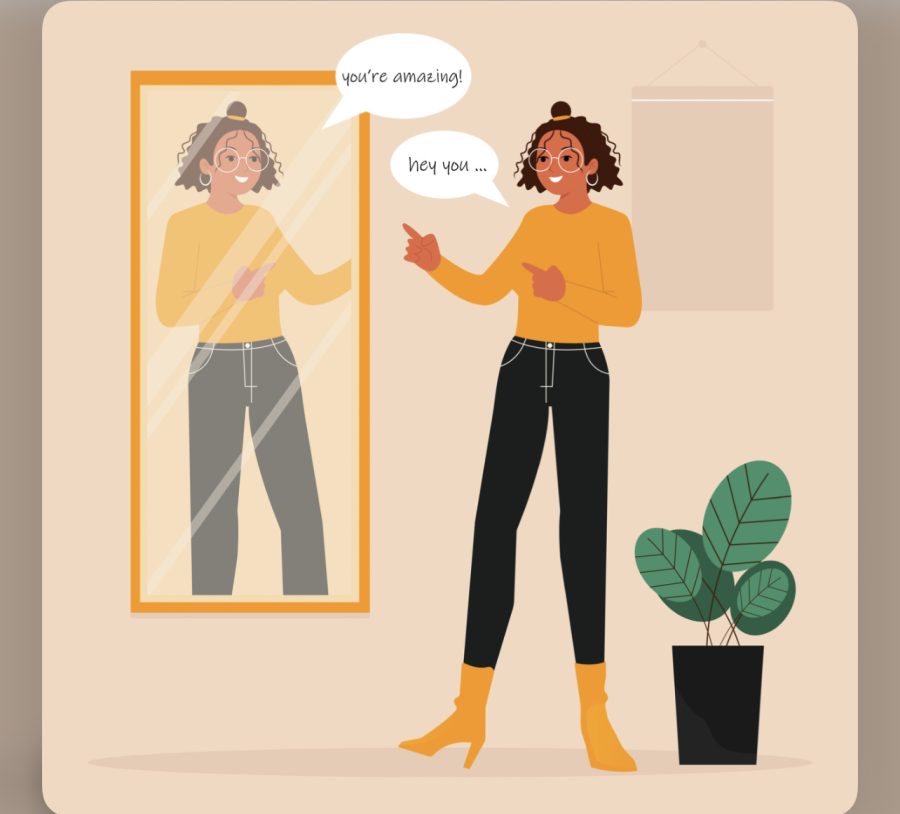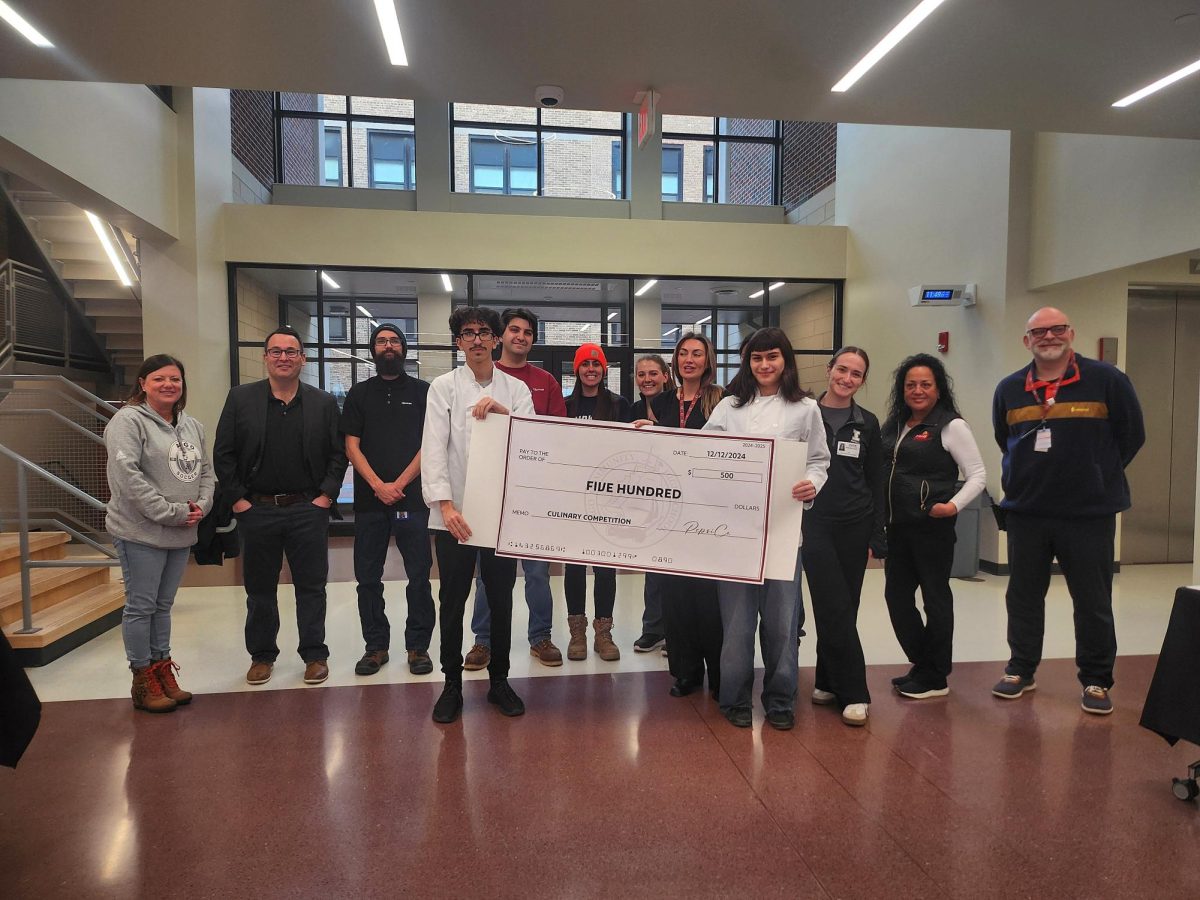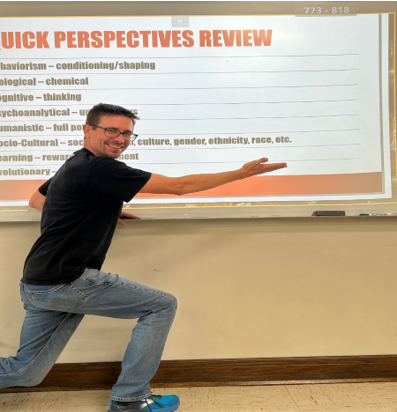How to use positive self talk to do your work
October 13, 2022
“I’ll be honest, it took me a long time to even start this paper,” says an Argo student who would like to remain anonymous. With time ticking away this student knew that their paper was soon to be due the next day. “I kept asking myself ‘what am I good at?’ I was really stumped,” says the student.
Getting homework done is a very troubling task for many students. It can take hours of procrastination or distractions for a student to finally get into their assignment. “To start, make a list,” says the student. “Make a list of things that you’re good at. It can be as small as making your bed or even as big as building a PC. Then, just look at the list. Even if it’s just one thing, try to be proud of your accomplishments. If you can do that one thing, you can do much more. Even a homework assignment. It might not be a big accomplishment to do your homework, but it’s still something you can be proud of.”
Some teens are just depicted as lazy for not doing their homework, but most of the time that’s wrong. There is an abundance of reasons why a student might not want to do their homework. The stereotype that not doing homework automatically means someone is lazy can really impact someone.
“Lazy? Oh, I’ve been called that multiple times. It hurts. It really hurts,” says Gabriela Bonar, another student attending Argo, who gets straight A’s. “It’s upsetting how people don’t even want to listen to you explain.”
Subsequently, it is critical to tell people how their negative comments can make you feel. For some students, one small comment like that can really drag them down—no matter how much positive self-talk is used.
Having the motivation to do your work is quite a challenge. Doing that and trying to encourage yourself to do your work is even more difficult, but it can be worth it for some. “You just have to be really positive or else it won’t work. Highschoolers like us (and all people) look at the bad stuff first,” says Gabriela. “It’s just learning to find your own methods that cooperate with your everyday mood.”







